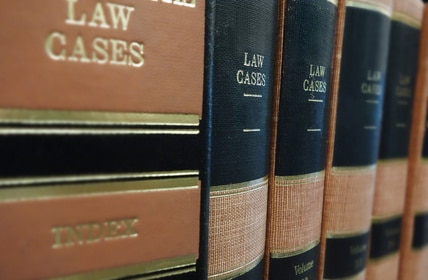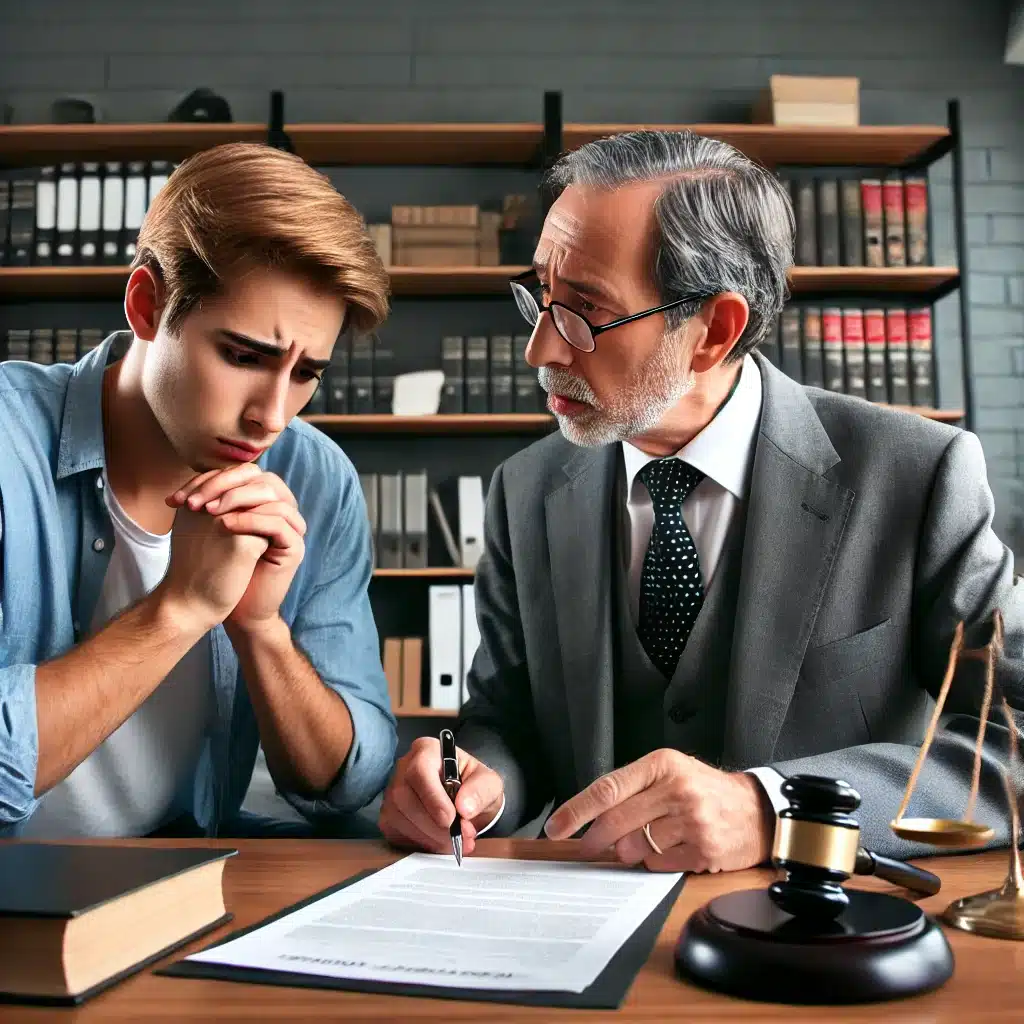Attorney's Guidance on Habeas Corpus and Your Lawful Defenses
Attorney's Guidance on Habeas Corpus and Your Lawful Defenses
Blog Article
Understanding the Function of a Post-Conviction Lawyer in Seeking Justice After a Criminal Conviction
In the complex landscape of post-conviction lawful procedures, the function of a post-conviction attorney is essential in navigating the course to justice after a criminal conviction. Beyond the boundaries of a trial, these lawyers involve in a complex strategy focused on discovering new evidence, tough lawful errors, and promoting for their customers' civil liberties. The ins and outs of post-conviction work require a mix of lawful acumen, investigatory abilities, and strategic believing to unwind the complexities of a case and go after opportunities that might have been ignored or underexplored. As the pursuit of justice expands past the confines of first proceedings, the duty of a post-conviction lawyer becomes a sign of expect those seeking to fix injustices and reclaim their civil liberties within the lawful system.
Post-Conviction Attorney's Investigative Job
Post-conviction lawyers participate in meticulous investigative work to uncover new evidence, step-by-step errors, or transgression that could potentially bring about reversing a sentence. This investigatory phase is crucial in the post-conviction procedure as it aims to identify any type of forgotten information or lawful errors that might have influenced the end result of the initial test. Post-conviction attorneys look into situation files, witness testaments, and legal documentation with a fine-tooth comb, looking for any type of discrepancies or irregularities that can be grounds for appeal.
With comprehensive investigation, post-conviction lawyers intend to clarify possible oppressions that may have taken place throughout the initial trial. They might carry out interviews, speak with experts, and review forensic evidence to develop a compelling instance for their clients. By inspecting every facet of the lawful process, post-conviction lawyers function tirelessly to uncover any type of elements that might have affected the decision. Eventually, their investigatory work plays an essential function in the search of justice and the possible turnaround of wrongful sentences.
Crafting Appeals and Petitions
In the pursuit of justice after a sentence, competent lawyers meticulously craft appeals and applications to present engaging debates for the reconsideration of lawful choices. Crafting allures and requests calls for a deep understanding of the legal system, interest to information, and tactical reasoning. Post-conviction lawyers evaluate test records, determine possible errors or infractions of civil liberties, and establish lawful disagreements to challenge the conviction or sentence.
When crafting an allure, attorneys concentrate on highlighting lawful mistakes that may have affected the end result of the case. They look into case regulation, statutes, and legal criteria to sustain their disagreements. Applications, on the other hand, might include offering new proof that was not readily available throughout the test or showing modifications in the regulation that necessitate a review of the conviction.
Additionally, post-conviction legal representatives should stick to strict step-by-step guidelines and target dates when submitting appeals and applications. They have to provide their arguments plainly and persuasively to persuade the court to grant relief to their clients. Through meticulous crafting of allures and requests, post-conviction attorneys aim to secure justice for people who have been wrongfully founded guilty or unfairly sentenced.

Seeking Post-Conviction Relief
Post-conviction relief incorporates a variety of lawful devices designed to challenge the credibility of a conviction or sentence. Post-conviction lawyers play an essential duty in browsing these intricate treatments, ensuring that all legal choices are explored to rectify injustices that might have occurred throughout the trial or sentencing phase.
One common kind of post-conviction alleviation is filing an application for post-conviction alleviation, typically based on cases of inefficient help of counsel, prosecutorial transgression, freshly found evidence, or constitutional infractions. These requests need a comprehensive analysis of the trial record, legal study, and persuasive campaigning for to persuade the court to provide alleviation. Experienced post-conviction lawyers possess the abilities and expertise required to determine viable legal cases, conduct examinations, and present engaging arguments to safeguard alleviation for their clients. By carefully going after post-conviction alleviation, these lawful experts aim to remedy losing the unborn babies of justice and promote the concepts of justness and due procedure in the criminal justice system (Attorney).
Making Use Of Forensic Evidence
When challenging a conviction or sentence, the strategic usage of forensic evidence can be a powerful device in post-conviction legal procedures. Forensic evidence includes a vast array of scientific techniques utilized to investigate criminal activities and establish facts in court. Post-conviction legal representatives can leverage forensic proof to test the credibility of sentences by presenting new scientific searchings for that were not available throughout the initial test.

Involving in Sentence Modifications
Post-conviction attorneys may discover the opportunity of sentence alterations as a legal avenue to resolve disproportionate or unjust sentences handed down in criminal situations. Sentence modifications include looking for modifications to the terms of an offender's sentence after a conviction has actually happened. These alterations can consist of lowering the length of a sentence, modifying the kind of punishment enforced, or checking out different sentencing options.
Post-conviction lawyers can seek sentence modifications via different lawful systems, such as submitting activities for sentence decrease, appealing for caring release, or bargaining appeal go offers for lowered sentences. They have to meticulously assess the conditions of the situation, evaluate the lawful premises for seeking an alteration, and present compelling disagreements to the court sustaining the need for a revised sentence.
Taking part in sentence adjustments requires a comprehensive understanding of criminal law, punishing standards, and the particular procedures included in looking for post-conviction alleviation. Post-conviction legal representatives play a crucial function in promoting for fair and just results by challenging sentences that are unduly extreme or do not align with the concepts of justice.
Verdict
Finally, the function of a post-conviction attorney is critical in looking for justice after a criminal conviction. Via investigative job, crafting allures and requests, seeking post-conviction alleviation, using forensic proof, and taking part in sentence alterations, these lawyers play an important role in supporting for their clients and ensuring that their rights are maintained within the criminal justice system. Their devotion and experience are vital in browsing the intricacies of post-conviction process and achieving a fair outcome for individuals encountering criminal sentences.
Report this page